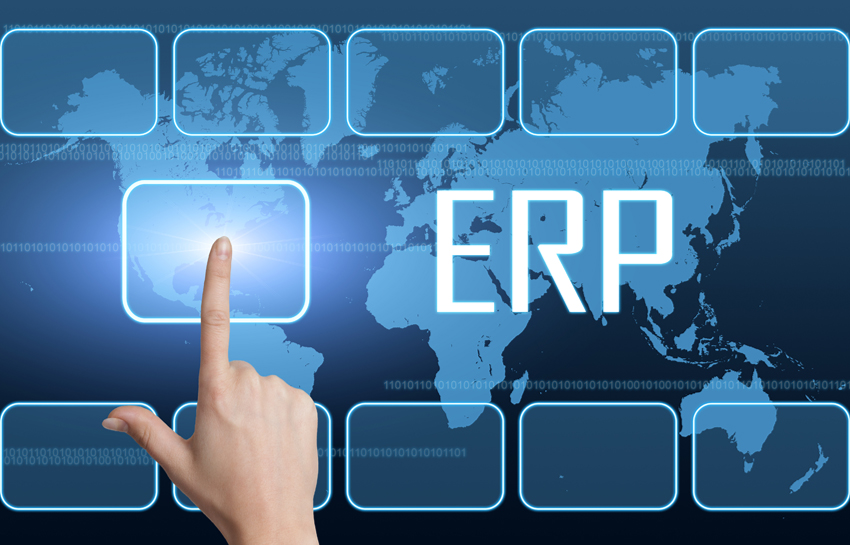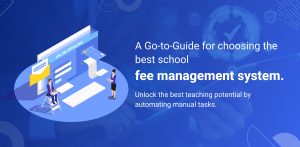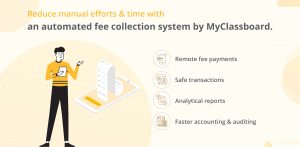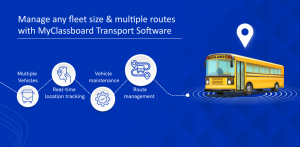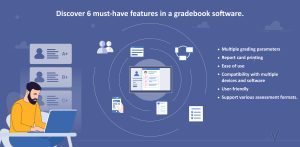School ERP implementation facilitates the administration to resolve all school related issues. Implementing and utilizing a new ERP system in any educational institute is a complex and iterative process. The process could be challenging if the school administration is not aware of using the software for managing the institution. Hence a detailed, careful and structured plan can help in an effective school ERP implementation. Here are few steps to effective implementation of school ERP.
Planning: An effective ERP implementation process starts with a perfect planning of the educational institute. Before starting with the process, any organization needs to identify its needs. Make a list of issues that are being considered for change. Identify the resources, current vision and current financial stability of the institute. Also, define the scope of the project and budget of the project using the business process analysis. This further helps in selection of the right ERP software.
Hiring Project Team: The composition of team members plays a crucial role in ERP implementation. This step involves creating or hiring a strong project team capable of handling the implementation of school ERP. If a project team does not clearly understand the changes in its organizational structure, strategies and processes from ERP implementation, it will not be in a position to benefit from ERP’s competitive advantage. To best implement ERP, the selection of project team members is prominent. Appoint a project leader for the team to ensure the project goes smoothly. The more competent the project team is the more profitable the implementation would be.
ERP System Selection: Choosing the right ERP system for business is the next step to effective school ERP implementation. Not all ERP software fits your business, so choose the right solution that best fits depending on the project’s budget. The ERP vendor should have the ability to transform the business to help achieve the set goals of the organization. Make sure you have a vendor who would be able to assist you throughout the implementation process.
Data Entry: Select the data that needs to be converted and enter the data into spreadsheets. Enter the collected data into the database while eliminating the duplication of data. Ensure all the important information is included in the database and retrieved from the system whenever needed. Data should only have to be entered once into systems and used many times.
Staff Training and Education: Train your employees on how to use the new program. All the teachers, technical and non-technical staff must know how to use the school ERP and make its full utilization. Train the users by allowing them to have individual access to a test system. This helps the users to gain an initial understanding of how the software works. Motivate the project staff by rewarding them for successful usage of ERP software.
Deploy: This is the final stage and go-live stage of the implementation process. Once the ERP solution is thoroughly checked and implemented, it is time to go live on the system. Post-implementation evaluate the original goals set out during the purchasing process for relevancy and achievement. The system needs to be constantly reviewed and upgraded for productive results.
MyClassboard is the perfect school ERP you can rely on for implementing in your schools/colleges. With its cost-effective, user-friendly, easily manageable software and 24×7 technical assistance, implementation of our application should not be a task. We have time and again entertained requests from our customers when they wanted one of senior product experts to be made available at their location for demonstration and training purposes. Our dedicated technical team would assist you throughout the implementation process and post implementation as well. Our special feature “Try-it-for-free” would convince you of the fact that we provide the best school ERP software in the market.

